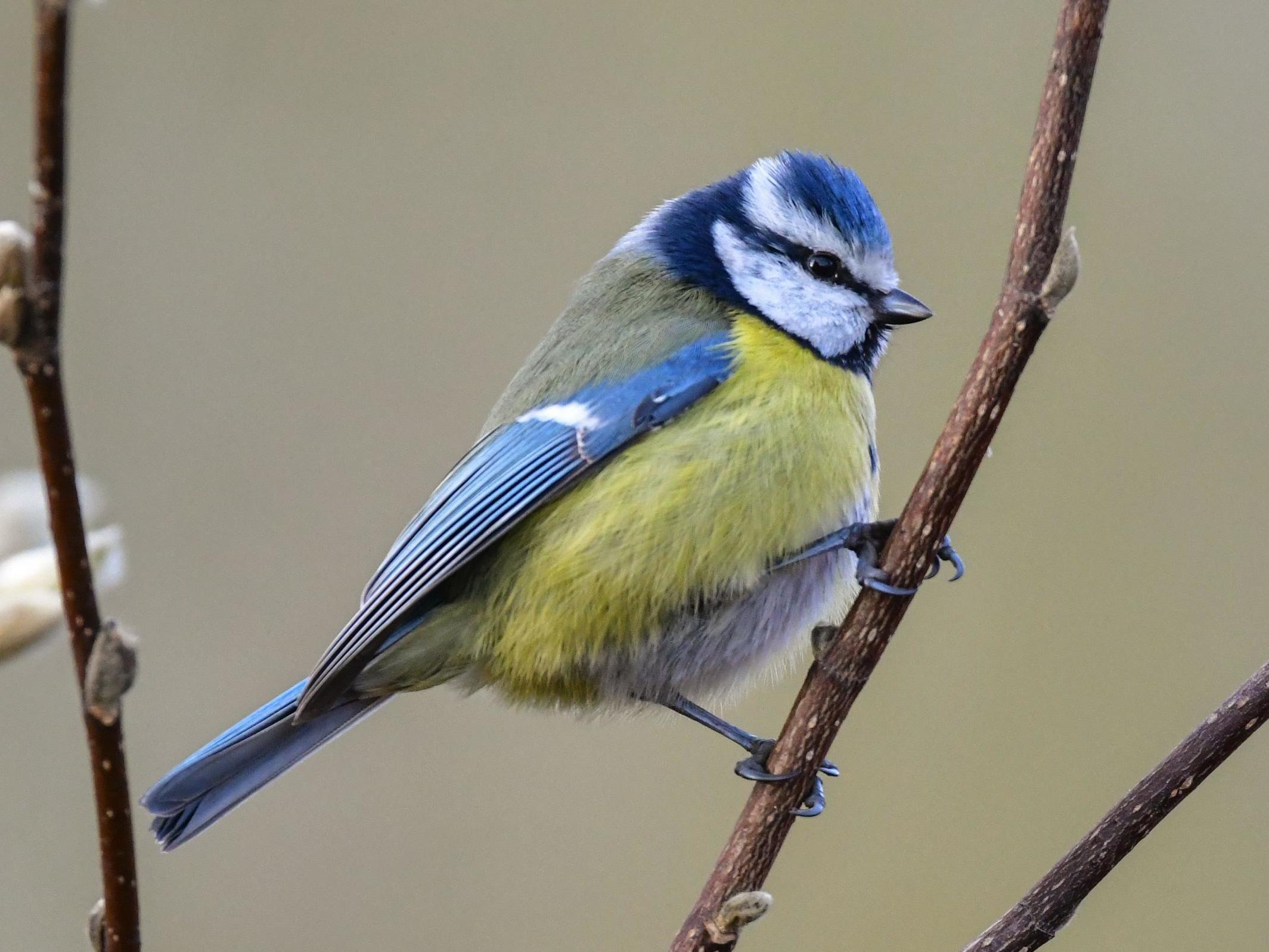This website uses cookies so that we can provide you with the best user experience possible. Cookie information is stored in your browser and performs functions such as recognising you when you return to our website and helping our team to understand which sections of the website you find most interesting and useful.

A mystery disease that has killed thousands of blue tits in Germany has seen scientists advise ‘social distancing’ among the garden bird species.
An investigation from conservation groups and scientists is underway after the public reported more than 11,000 cases of sick or dead birds to German conservation group NABU, who initially became aware of the outbreak on 11 March.
The vast majority of cases have come from west Germany, notably in the lower Mosel wine region and around the Lower Saxony city of Oldenburg.
A common visitor to gardens in the UK, the Eurasian blue tit, which measures around 12 cm (4.7 in) in length, enjoys a diet of eat insects, caterpillars, seeds.
A trend in the reports shows the birds, which are distinguished by blue and yellow feathers, have been experiencing breathing problems, as well as no longer accepting food or flinching while being approached by people.
Initial laboratory test results have flagged a bacterial infection [Suttonella ornithocola], which causes pneumonia in tits. It first emerged in Germany in 2018, though it has been prevalent in the UK since the 1990s.
Great tits and other small song birds are only sporadically affected, and while further test results should arrive in the coming days, NABU has advised ‘social distancing’ for the birds.
Guidelines now state the public should stop feeding the birds or providing them with drinking troughs in order to reduce transmission.
Despite the spate of deaths in Germany, Dr Becki Lawson, a disease specialist at the Zoological Society of London (ZSL), maintains there is currently no increase in the mortality rate of blue tits or other garden bird species in the UK.
“We are aware of the recent reports of blue tit mortality from Germany and understand investigations are under way to determine the cause,” Dr Lawson is quoted as saying by the Guardian.
“Once a diagnosis is reached, we will be able to comment on whether the condition affecting blue tit populations in Germany is one that we also see in Great Britain.”



 Africana55 Radio
Africana55 Radio 

